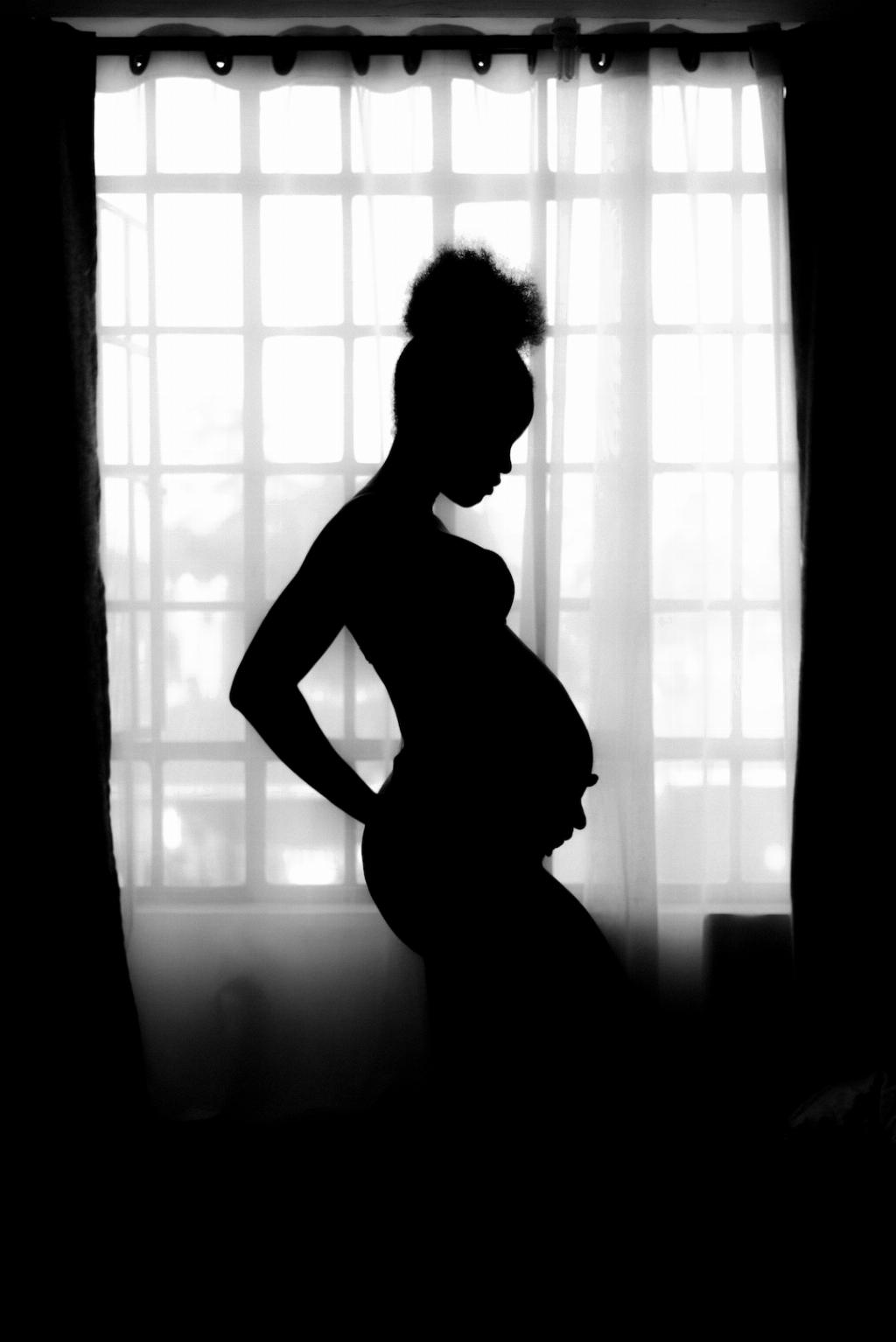One of the most common questions that individuals undergoing intrauterine insemination (IUI) have is, “How early can you test positive after IUI?” This question often stems from the anticipation and eagerness to know if the IUI procedure was successful. While the answer to this question may vary from person to person, there are some general guidelines to keep in mind.
Understanding the Timing
After undergoing an IUI procedure, it is crucial to understand the timing involved in testing for pregnancy. It is generally recommended to wait at least 14 days post-IUI before taking a pregnancy test. This waiting period allows sufficient time for the pregnancy hormone, human chorionic gonadotropin (HCG), to build up in your system to levels detectable on a test.
The Two-Week Wait
Often referred to as the “two-week wait,” the period between the IUI procedure and the recommended time for testing can be filled with a mix of emotions. It is essential to remain patient during this waiting period and avoid the temptation to test too early, as doing so may result in false negatives.
Factors Affecting Test Results
While waiting for the appropriate time to test, it is important to consider various factors that can impact the accuracy of the results. Factors such as the sensitivity of the pregnancy test, the timing of ovulation, and individual hormone levels can all play a role in when a positive result may be obtained.
Early Testing Risks
Testing too early after IUI can lead to potential risks, including false negative results. This can occur when the levels of HCG in your system are not yet high enough to be detected by a home pregnancy test. To avoid unnecessary disappointment, it is best to wait until the recommended time frame to test.
Managing Expectations
While the desire to know the outcome of the IUI procedure is understandable, it is essential to manage expectations throughout the testing process. Recognize that the results of a pregnancy test can be influenced by various factors and that each individual’s journey is unique.
Emotional Preparedness
The emotional toll of waiting for test results after IUI should not be underestimated. It is normal to experience a range of emotions during this time, including anxiety, hope, and fear. Seeking support from loved ones or professional resources can help manage these feelings.
Seeking Guidance from Healthcare Providers
If you have specific concerns or questions regarding the timing of testing after IUI, do not hesitate to consult with your healthcare provider. They can offer personalized advice based on your individual circumstances and provide guidance on when and how to proceed with testing.
Considering Alternative Testing Methods
In some cases, your healthcare provider may recommend alternative testing methods, such as blood tests, to determine pregnancy earlier than traditional home pregnancy tests. These tests can provide more accurate results by measuring the levels of HCG in your bloodstream.
Supporting Your Emotional Wellbeing
Throughout the testing process and beyond, it is important to prioritize your emotional wellbeing. Whether the results are positive or negative, remember to practice self-care, seek support from others, and communicate openly with your healthcare provider about your emotions and concerns.
Conclusion
While the timing of when you can test positive after IUI may vary, it is generally recommended to wait at least 14 days post-procedure before taking a pregnancy test. By understanding the factors that can influence test results, managing expectations, seeking guidance from healthcare providers, and supporting your emotional wellbeing, you can navigate the testing process with greater clarity and resilience.

